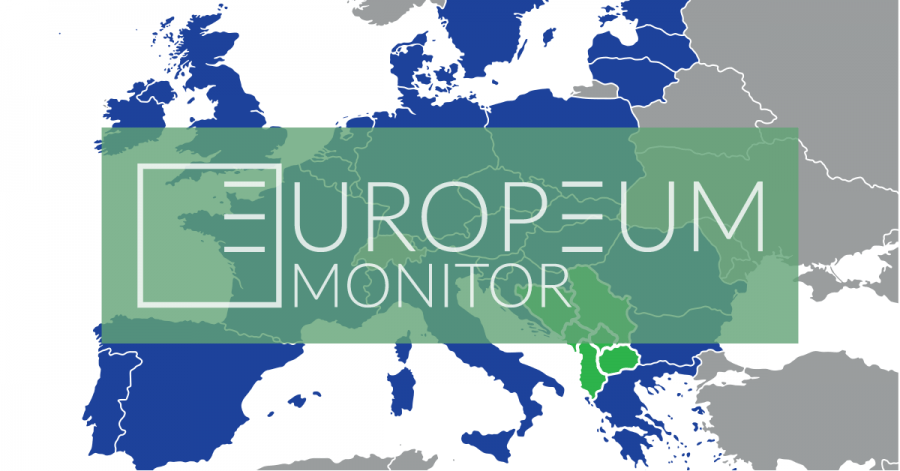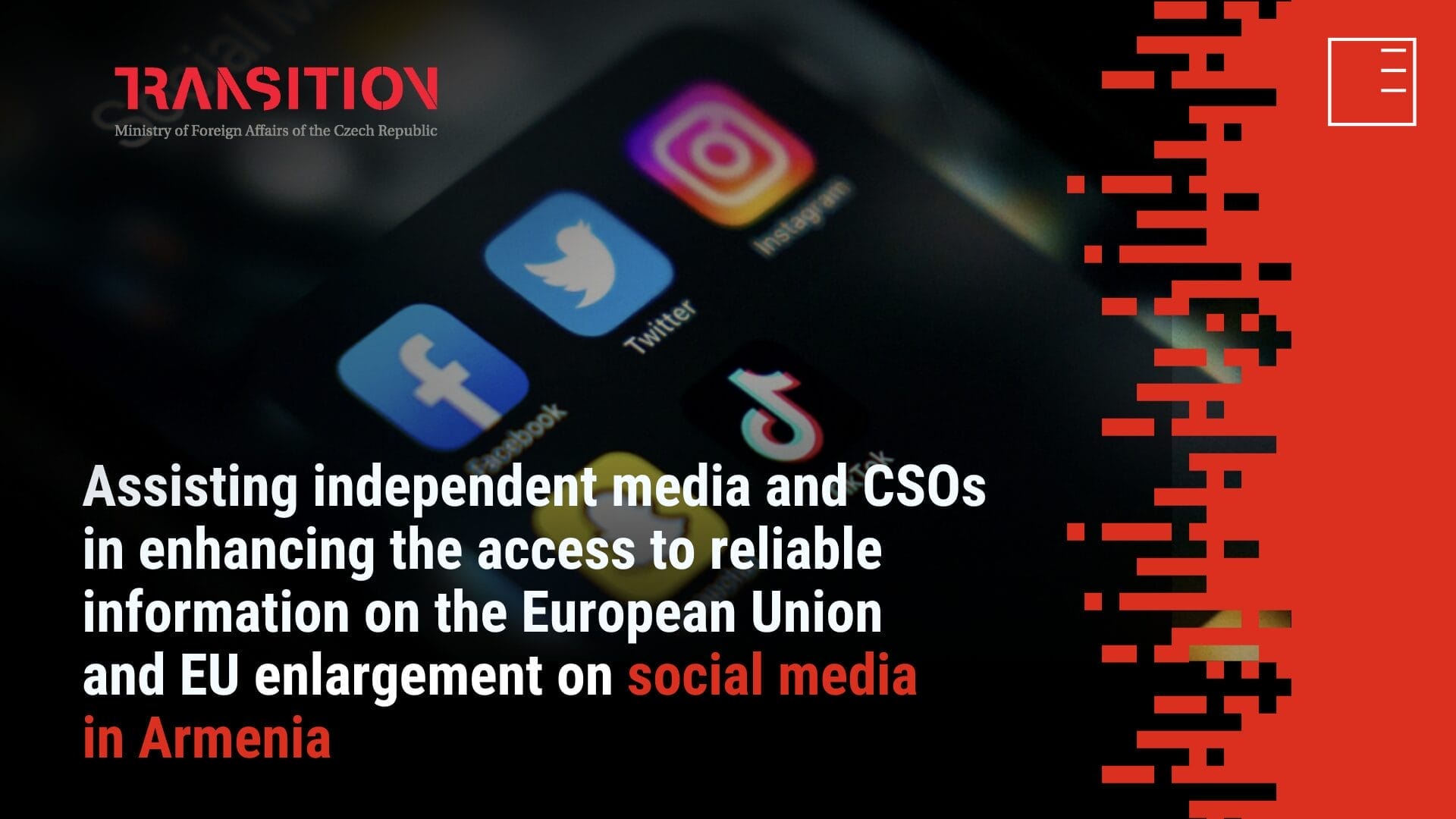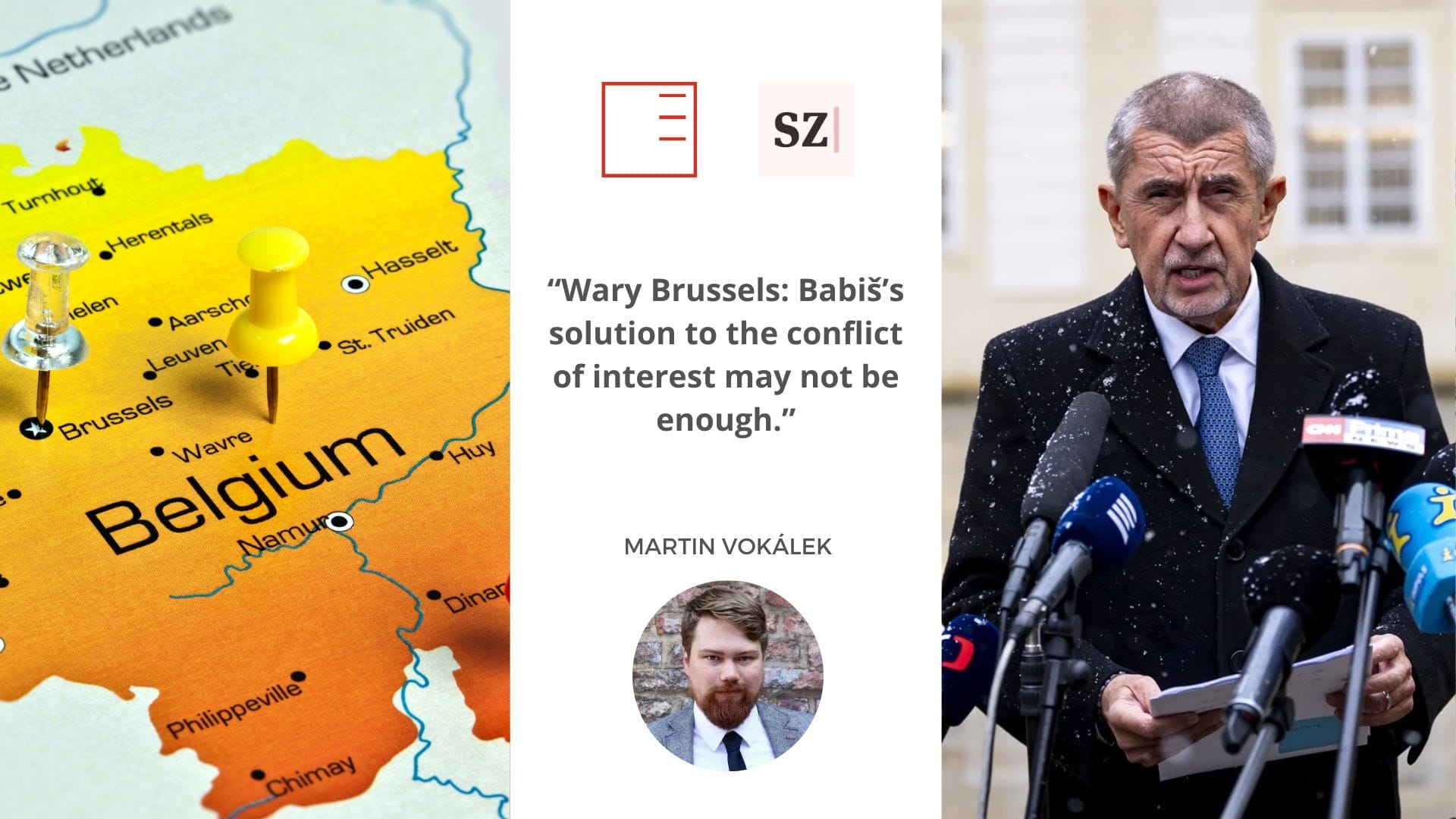EASTERN MONITOR: Western Balkans in the fight against the COVID-19: Another cause for democratic backsliding?
In her latest Eastern Monitor, Jana Juzová examines the fight of western Balkans countries against the COVID-19.
24. April 2020

- The COVID-19 global pandemic represents an unprecedented challenge for humanity. Across the globe, countries are facing a historical dilemma of stricter security measures aimed to ensure safety of the populations at the cost of fundamental human rights and freedoms. The affected countries across the globe has adopted a wide scale of measures, and as there is no central mechanism for coordination in the health policies even inside the EU, each country approaches the crisis in a different way. Consequently, the policies range from opting for relatively loose ones relying on building up of natural immunity in the population, i.e. in Sweden, to extreme restrictive measures adopted in Hungary, diminishing human rights as well as democracy in the country.
- The Western Balkan countries’ approach, although differing significantly in each country, belongs among the most restrictive ones. The countries with the highest number of infected persons (relative to the population size) are Serbia, North Macedonia and Montenegro.1 In Montenegro, the situation has worsened in the past few weeks, as the country reported only a very small number at the beginning of the pandemic, and the government started introducing stricter measures, similarly to its neighbours.
"In Bosnia and Herzegovina, the management of the COVID-19 crisis in the country is complicated by the high decentralization of the country, especially by the autonomy of the Serb-majority Republika Srpska. The entity continued its close coordination with Serbia but also struggles with internal disagreements between the Serbian majority and Bosniak political parties over the declaration of the state of emergency with the Bosniak citizens voicing concerns from potential restrictions on movement between entities."
You can read the whole EU monitor article via using the PDF button on the right side.







